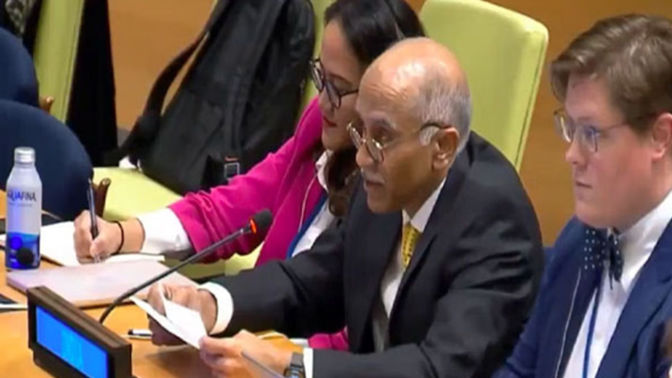
Boeing has reached a tentative agreement with its striking Seattle-area workers, ending a month-long work stoppage, the International Association of Machinists and Aerospace Workers (IAM) announced Saturday. Boeing confirmed the deal, which includes a significant 35 percent pay increase over four years and a one-time signing bonus of $7,000. Union members are set to vote on the proposal on Wednesday.
The strike, which began on September 13, was primarily focused on disputes over pay and compensation. Approximately 33,000 unionized workers, mainly based in Washington state, halted production at two Seattle-area assembly plants, affecting the output of Boeing’s 737 MAX aircraft. Workers had been advocating for substantial wage increases after enduring over a decade of stagnant pay amidst rising inflation.
Initial negotiations faced hurdles, with Boeing offering a 25 percent raise, which was later increased to 30 percent, while the union sought a 40 percent raise. Although the workers also pushed for the reinstatement of an employer-paid pension plan, Boeing did not accommodate this request. Instead, the agreement includes enhanced contributions to 401(k) retirement plans, which are primarily funded by employees.
The strike has had significant financial repercussions, with an estimated $7.6 billion in direct losses, including around $4.35 billion for Boeing and nearly $2 billion for its suppliers, according to the Anderson Economic Group.
Boeing has faced multiple challenges recently, including heightened scrutiny from the Federal Aviation Administration (FAA) following a mid-flight incident involving a 737 MAX aircraft. In response to ongoing production issues and the strike, Boeing announced plans to cut its global workforce by 10 percent, affecting approximately 17,000 positions, as part of a strategy to align its workforce with financial realities. Additionally, the delivery of the much-anticipated 777X plane has been postponed to 2026 from the previously scheduled 2025.















